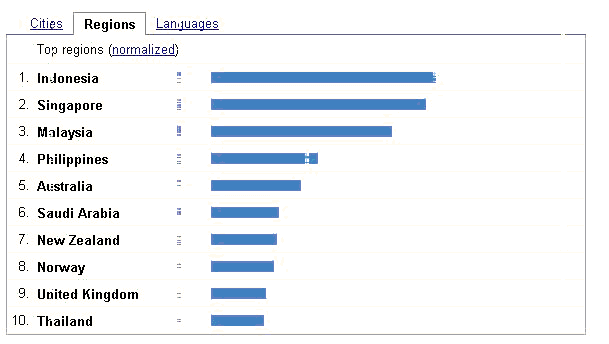It is a documentary about a software project development. Four interns worked in the Fog Creek Software for the Copilot project. They worked for 3 months and delivered the first version of the application.
I learnt about Fog Creek Software from the book and the blog Joel On Software. The book gives some very interesting and enlightening explanations on software engineering and project management.
I expected that I could find out from this movie in details how Joel led a team to develop software, web application particularly. I’d thought this movie would show me something like collecting user specifications, making plan, working on code, fixing bugs and so on. But the movie actually is about the life and thoughts of the developers. You can not learn project management skills from this movie. Rather, it is about what makes a dream office, team, or life to geeks, the software developers here.
Though they kept saying they have to work over night, long hours, they all looked very happy and satisfied. They had very nice workstations, though lack of privacy, and comfortable dorms. They grew tomato, went jogging, and had parties. They made fun out of samll or senseless things in life. For example, they tried hard to figure out whether they could escape the building by jumping to the next block in case of fire.
The movie gives me some senses of how the start-up gets started in the US too. But it does not go deep into that. It does not show how and where you can get funds or what you should do after complete the development.
Overall, it is an interesting movie. I would suggest the viewers to read the Joel On Software before or after the movie.
The driving force (for the hackers) is usually a combination of the desire to get rich, the desire for power, and the desire to sort of make something. And they (are) kind of overlap. – from the movie.




